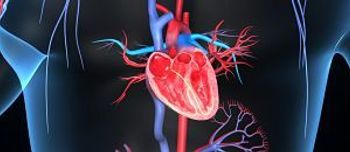
Cardiovascular disease (CVD) is the most common cause of death in America, but the disease rates for African-Americans are especially high.

Cardiovascular disease (CVD) is the most common cause of death in America, but the disease rates for African-Americans are especially high.

Dual antiplatelet therapy (DAPT) with aspirin and another antiplatelet agent such as clopidogrel, prasugrel, or ticagrelor is the go-to preventive therapy for patients who have experienced certain cardiovascular events.

A target systolic blood pressure (SBP) of 120 mm Hg has outperformed the recommended 140 mm Hg target in the landmark SPRINT study.

Despite the most recent meta-analysis published this week in the British Medical Journal, digoxin use in atrial fibrillation remains limited.
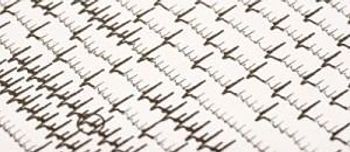
Gout patients may be at greater risk for atrial fibrillation.

Colchicine (Colcrys) is a promising adjunctive option in secondary prevention of cardiovascular events, probably because of its ability to stop or slow neutrophil reaction to intravascular cholesterol crystals.
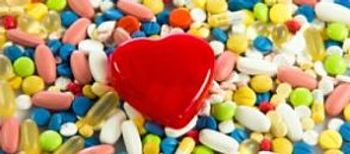
Many patients with atrial fibrillation who lack an established risk factor for stroke are prescribed blood thinners despite guidelines recommending against their use in these low-risk patients.
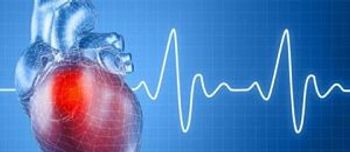

Losing weight may help patients who are obese and have atrial fibrillation achieve long-term freedom from the heart disorder.

When a screening program is proposed, policymakers have some questions: does screening improve detection of the target diagnosis; is systematic screening better than opportunistic identification?

Non-vitamin K antagonist oral anticoagulants are increasingly being prescribed to prevent and treat venous thromboembolism and avert stroke in patients with atrial fibrillation.

Six patient deaths and other serious adverse events have been linked to SentreHeart's Lariat Suture Delivery Device, the FDA is warning health care professionals.
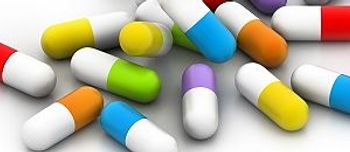
Here are new drugs for 2015 that pharmacists can expect to handle.

The FDA today approved sacubitril/valsartan for treating heart failure.

A practice-changing study suggests bridging anticoagulation does more harm than good in atrial fibrillation (AF) patients treated with warfarin.

Studies have reported that up to half of patients discontinue prescribed therapies soon after hospital discharge.

The FDA today approved The Medicines Company's cangrelor (Kengreal), an intravenous antiplatelet medication that can prevent blood clots from forming in the coronary arteries.

Women with diabetes have a considerably higher risk of developing coronary heart disease than men with diabetes.

Many common Cardiovascular Disease risk factors, such as hypertension, high cholesterol, type 2 diabetes, and thrombosis, are often experienced by women after a spontaneous preterm delivery.

Here are new drugs for 2015 pharmacists can expect to handle.

A study evaluating the cardiovascular safety of Merck's type 2 diabetes drug sitagliptin determined the dipeptidyl peptidase-4 inhibitor does not increase the risk for heart failure hospitalization.
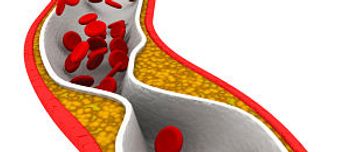
FDA officials have recommended approval for Amgen's proposed cholesterol-lowering medication, evolocumab (Repatha).

Pharmacists know changes in vitamin K intake can drastically alter INR values in patients taking warfarin.
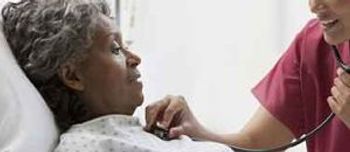
Recent research findings may help health care professionals participating in a new Affordable Care Act payment model identify patients at greatest risk for cardiovascular disease (CVD).

While statins are among the most commonly prescribed medications for the prevention of cardiovascular disease, a recent study suggests that the use of statins may increase a patient's risk of developing cataracts.